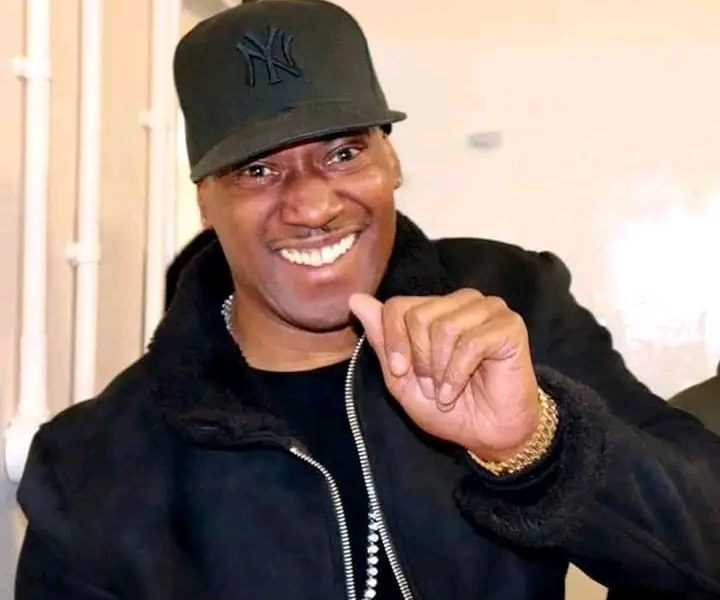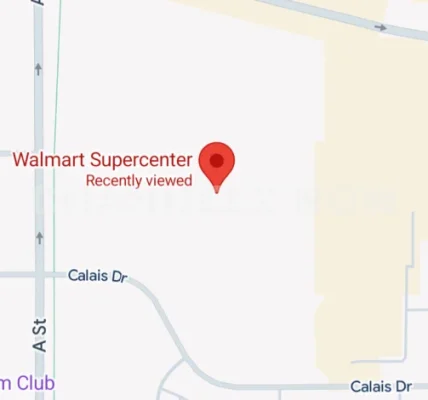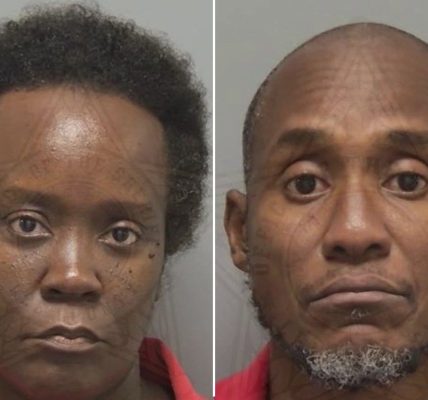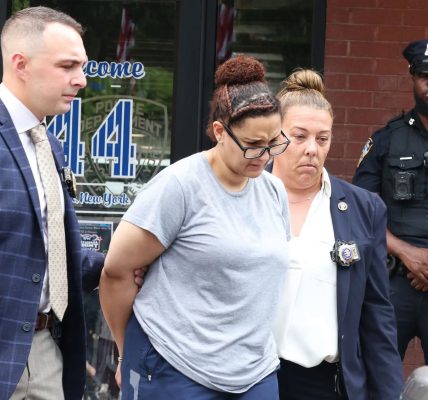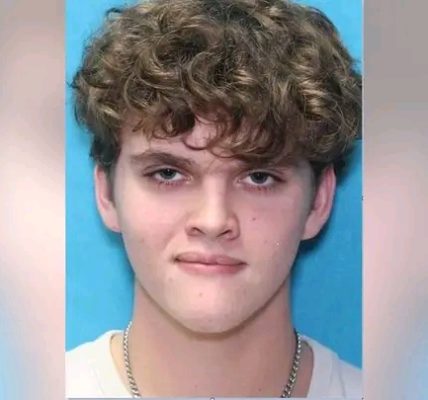Short Headline: Third man convicted for Roydon party murder of Robert Powell
The tragic killing occurred in the early hours of 13 June 2020 in the quiet village of Roydon, near Harlow, Essex, England. Around 4:45 am, 50-year-old Robert Powell was leaving a house party at a property on Water Lane when he was shot eight times in a drive-by attack. Two women at the scene were also hit by bullets and sustained serious injuries, though they later recovered.
Robert Powell, a beloved father and grandfather, was rushed to hospital but sadly died of his injuries. His family described him as “an awesome person with a smile that still warms my heart.” They said his death had shattered their lives and left a lasting void in their family. Powell was known locally as a kind, sociable man with no known criminal background, and his murder sent shockwaves through the community.
Following the shooting, Essex Police launched an extensive investigation led by Detective Superintendent Stephen Jennings from the Kent and Essex Serious Crime Directorate. Detectives pieced together CCTV, phone data, and vehicle tracking information that eventually revealed the crime was the result of a premeditated and organised attack.
The inquiry identified three men involved in the killing. The first two were convicted in May 2024:
- Nana Oppong, aged 44, identified as the orchestrator of the attack. He was found guilty of murder and sentenced to a minimum of 38 years in prison.
- Israar Shah, aged 39, who acted as a lookout, was also convicted of murder and sentenced to 26 years in prison.
The third man, Temitope Adeyinka, aged 41, known by the street name “Limo”, was more recently brought to trial. Adeyinka, from Buxton Road, London, was charged with murder and possession of a firearm but denied all involvement. After a lengthy trial at Woolwich Crown Court, he was convicted on 7 November 2025 of manslaughter and conspiracy to possess a firearm with intent to endanger life.
Investigators revealed that Oppong, a known organised-crime figure with a history of firearms and drug-related activity, had planned Powell’s murder over an unresolved grievance. He organised three vehicles for the operation:
- A Ford Kuga, used as the main attack vehicle.
- A Toyota Prius, used by Adeyinka and Shah as a lookout vehicle.
- A Vauxhall Zafira, used for logistical support.
On the night of the murder, the Prius circled outside the party to monitor Powell’s movements. Once Powell was spotted leaving, the Ford Kuga approached, and the gunman opened fire, hitting Powell multiple times before speeding away. The attackers then fled the area in a coordinated escape plan.
CCTV and phone records later placed Adeyinka in communication with Oppong and Shah before and after the murder. Detectives also uncovered evidence that Adeyinka had fled to Marbella, Spain, after the killing. He was eventually tracked down through an international operation involving the National Crime Agency and Spanish authorities, then extradited to the UK to face trial.
Detective Superintendent Jennings described the investigation as “complex, difficult, and lengthy,” noting that no one at the party initially cooperated with police. “The case required immense perseverance,” he said. “We had to build the conspiracy piece by piece, from a single strand of intelligence.” Jennings added that the verdicts bring “some sense of justice” to Powell’s family but confirmed that police believe others may still be involved.
Powell’s sister said the family continues to suffer daily from the loss. “He lit up every room,” she said. “Family gatherings don’t feel the same without him. The men who took his life showed no remorse. We can’t heal until everyone responsible is held accountable.”
Crown Prosecution Service prosecutor Samantha Woolley praised the cooperation between agencies that led to Adeyinka’s conviction. She said it was “one of the most complex and challenging cases” of her career, requiring extensive coordination with international partners.
Although three men have now been convicted in connection with Robert Powell’s death—two for murder and one for manslaughter—police stress that the investigation remains open. They believe additional suspects who played supporting roles in the attack may still be at large.
The killing of Robert Powell stands as a tragic reminder of the destructive reach of organised crime and the lasting impact of violence on innocent families. For Powell’s loved ones, justice brings some closure—but not peace. As his family put it, “We will never forget him. Robert deserved life, not this.”

